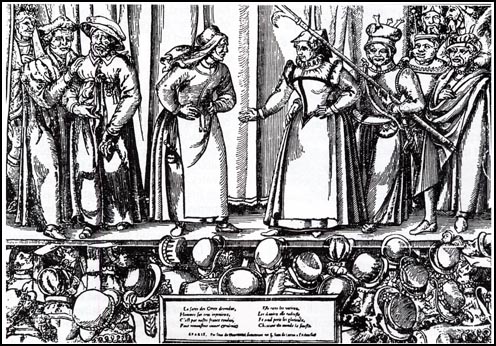This is the second part of the post on why Actors and OOP are really a bad match. In the last post we have seen how adding types and methods to actors could turn into a bad idea, now we look at another aspect of OOP – actors and inheritance.
Once you have wrapped an actor inside an object as our fathers did, you can hardly resist the temptation of composing by inheritance. On paper this is also a good idea, think for example to some sort of service that has some housekeeping to do (registering/unregistering clients, notify clients), what’s wrong in having a base class Service from which LedService can be inherited?

